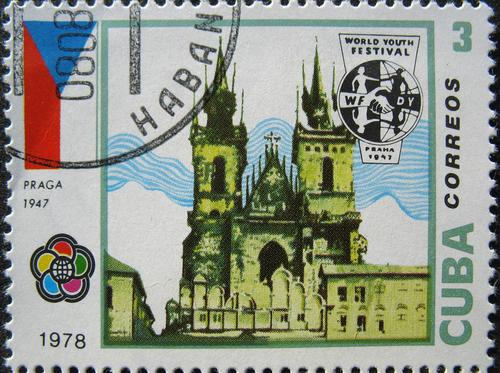ABSTRACT: This work examines several aspects of the cooperation between the Cuban and Czechoslovak secret services in the 1960s. The Cuban Revolution caused a fundamental redefinition of ideological boundaries, which, among other things, brought geographically remote areas closer to each other. The island in the Caribbean became dependent on the assistance of Eastern Europe, with which it had formerly had no political, economic or cultural ties. Due to the suspension of air links with countries on the American continent, the connection with distant Prague became completely indispensable for Cuba. From 1962 to 1969, as part of Operation MANUEL, more than 1,000 people were transported from Cuba to various Latin American countries via Prague. After the withdrawal of missiles from Cuba, this logistical assistance was one of many concessions made by the Soviet bloc in order to keep the island in its sphere of influence. With the aid of declassified documents, this study reveals the reasons for Czechoslovakia’s participation and the forms that it took. Attention is also paid to the negative consequences that this involvement had for Czechoslovakia, including a threat to security and harm to the country’s reputation. In order to better understand both the nature and importance of this operation, the last part of the study addresses some of the main individuals dispatched through Prague.
Keywords: Czechoslovakia, Cuba, armed struggle, terrorism, totalitarian regimes
Operation MANUEL: Prague as a Transit Hub of International Terrorism
- Volume: 9
- Issue: 3


